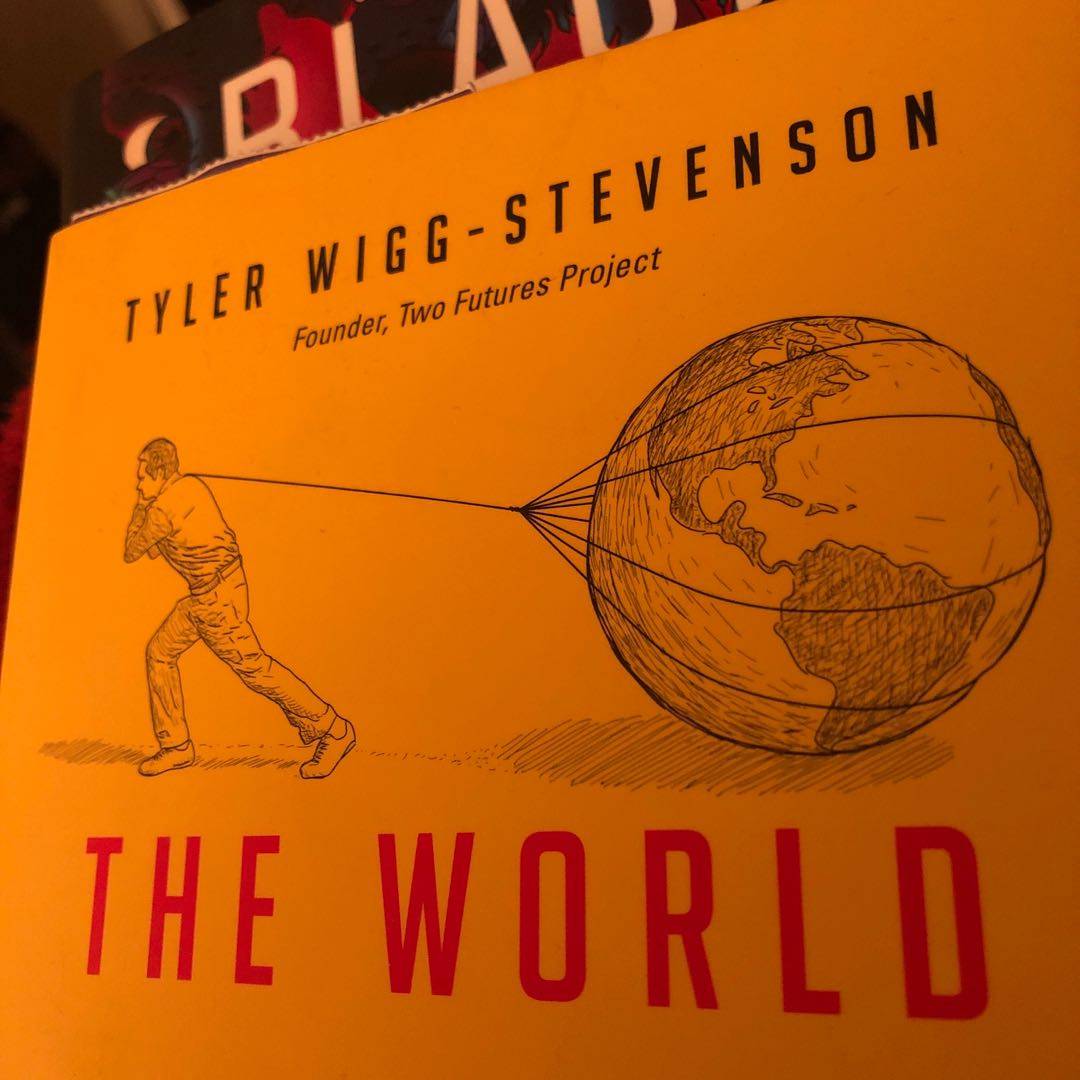
Also up next.


Also up next.
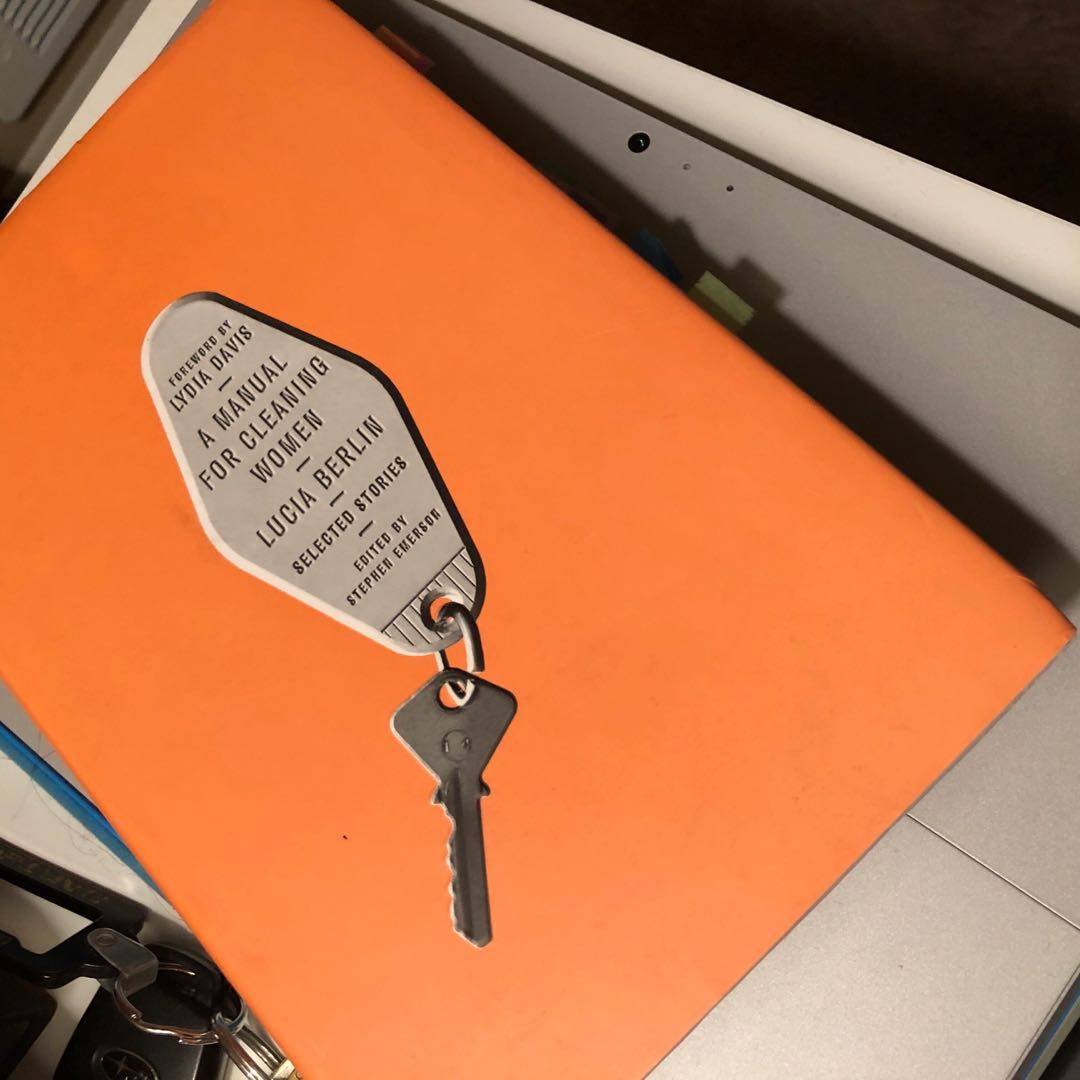
Lucia Berlin‘s stories have a slice-of-life quality that feels compelling in its tedium.

Colson Whitehead is one of the most talented writers alive and his prose in John Henry Days is breathtaking. That said, the narrative didn‘t quite take off in this novel, and great sentences can only go so far.
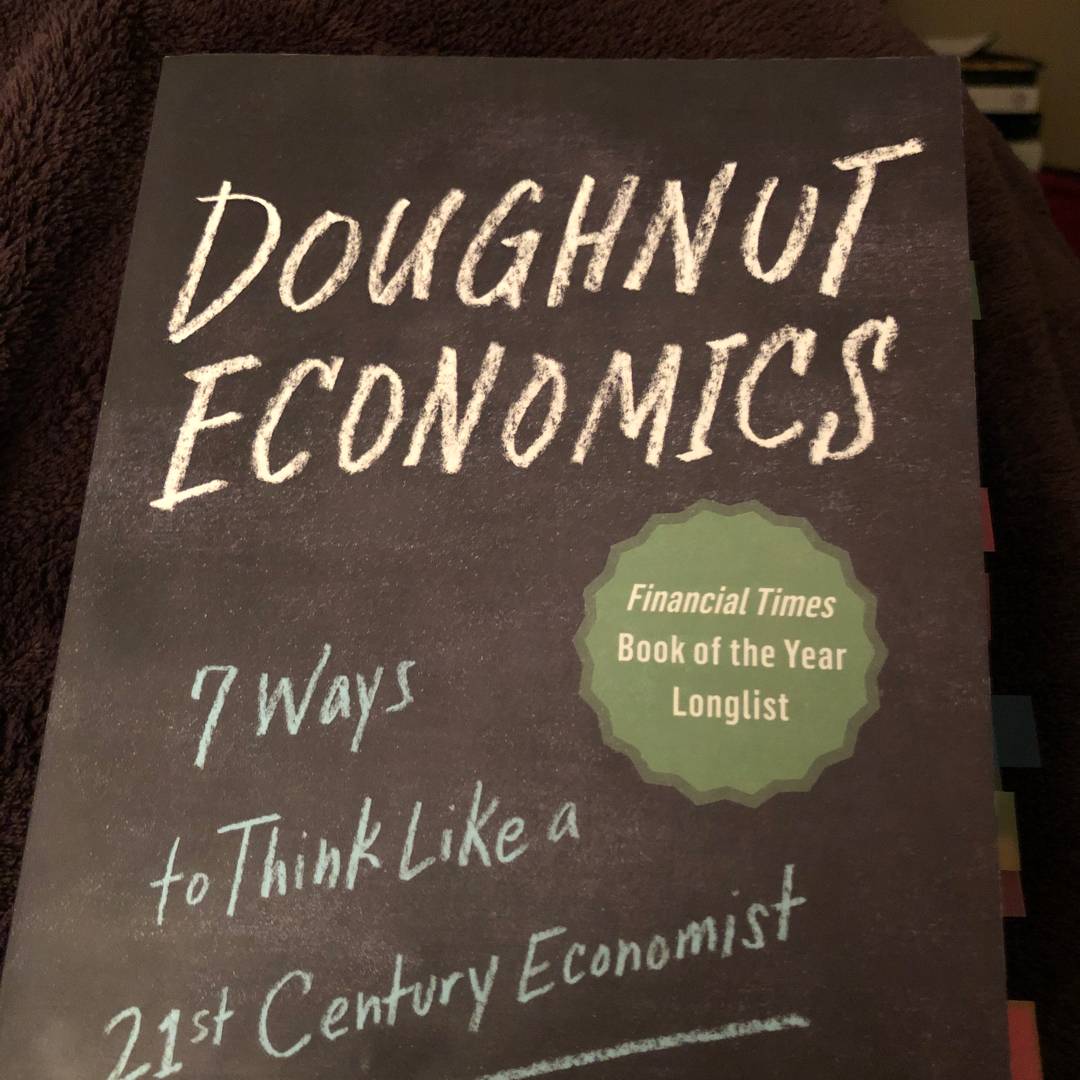
Raworth‘s book critiques classically held positions on economics and suggests that we need to draw a new image for the 21st century that offers a safe and just space for humanity. While the aim is ambitious, the argument feels valid. It‘ll take a lot of hard work but our future depends on it.
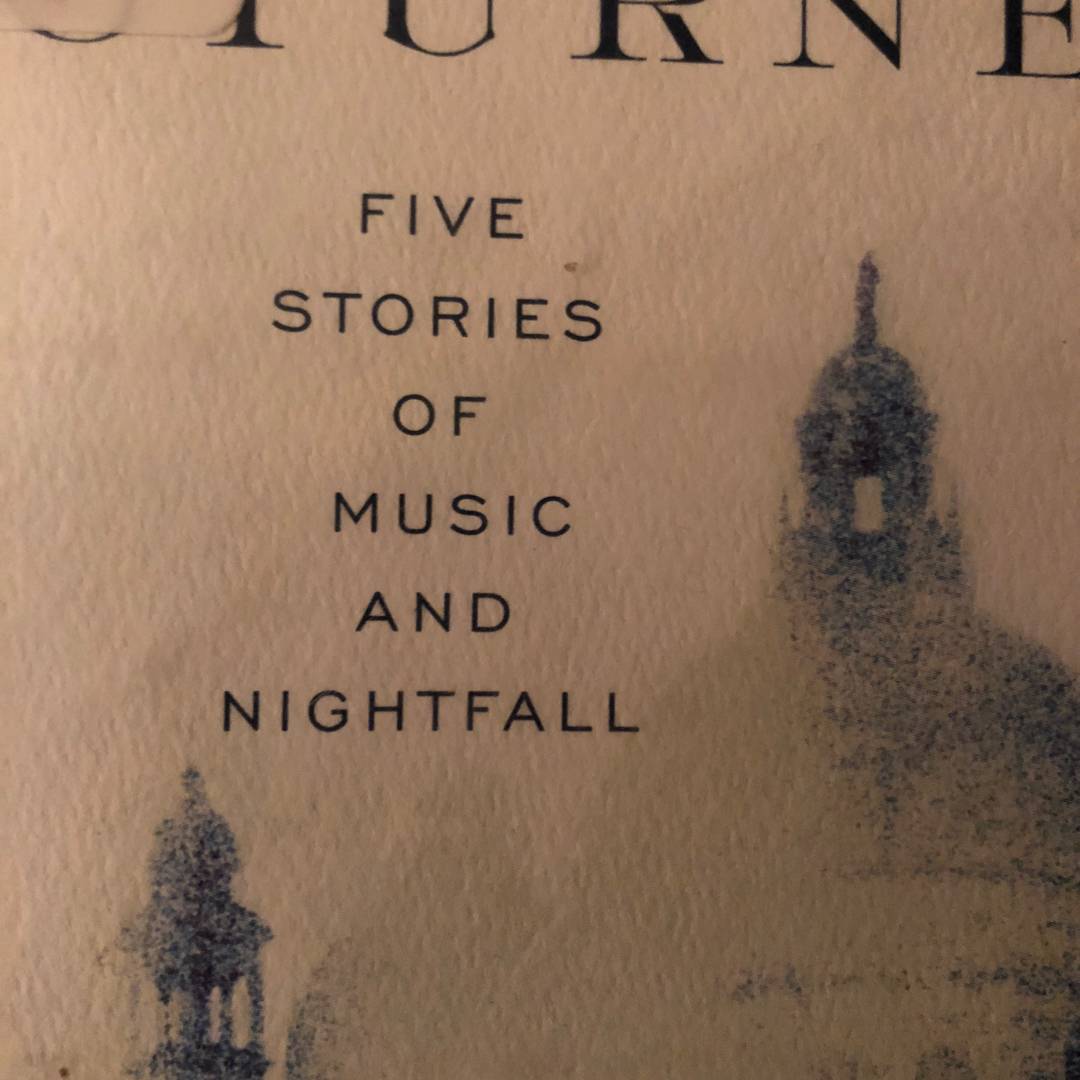
Ishiguro is one of my favorites. In these five short stories of music and nightfall, he constructs narratives that withhold crucial details, conjuring anxiety in the reader because the reader always knows a little more than the character on the page. In a way, Ishiguro crafts literary sitcoms.
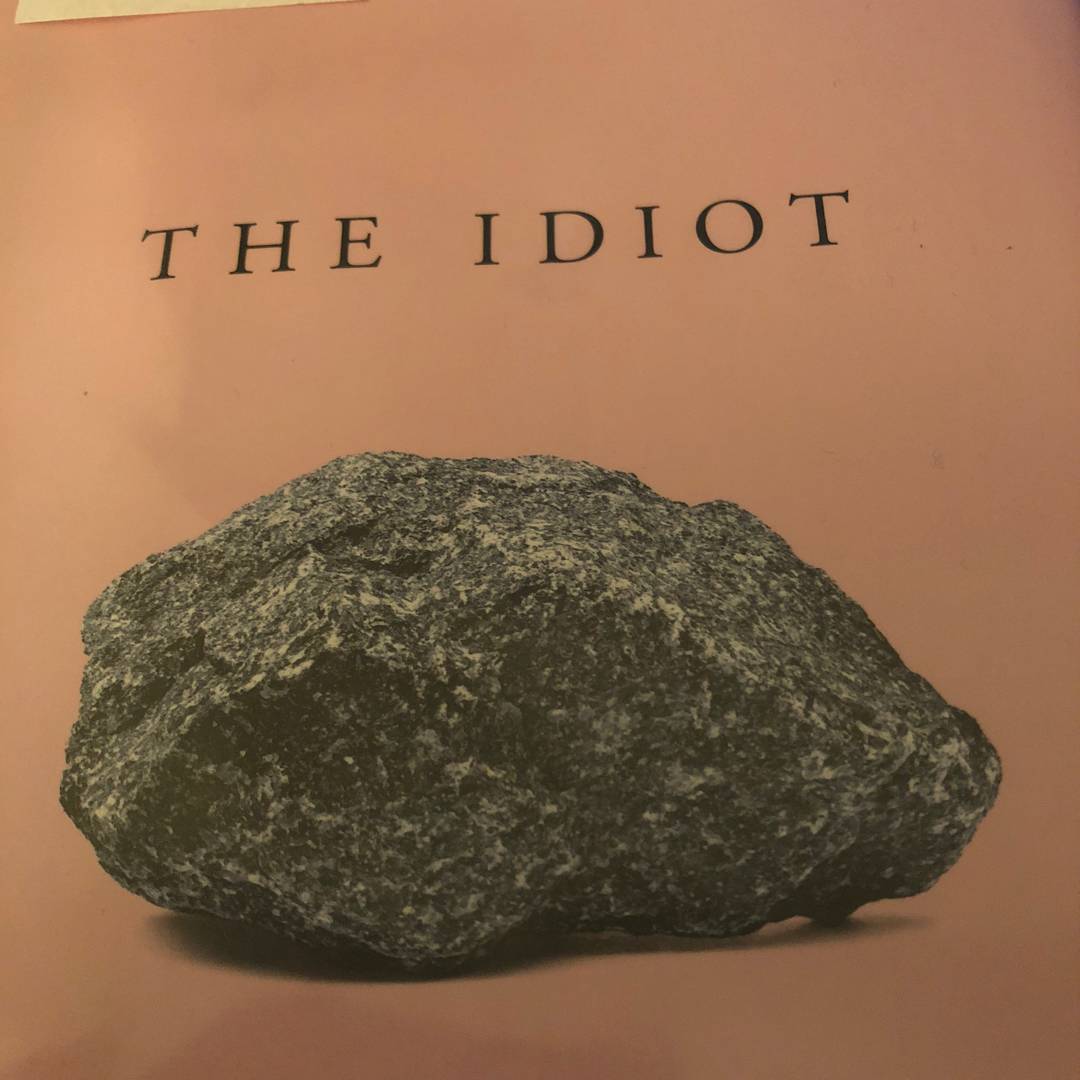
Batuman intends to chronicle a fledgling adult, developing a nascent relationship as an early adopter of the internet. The Idiot maps a year in the life of a freshman Harvard student. The classes, the extra curricular, and the online romance. Batuman succeeds in her attempt at showing the circularity of youth, believing so much is possible in the world and yet achieving so little. And yet, the book never quite struck a chord with me.
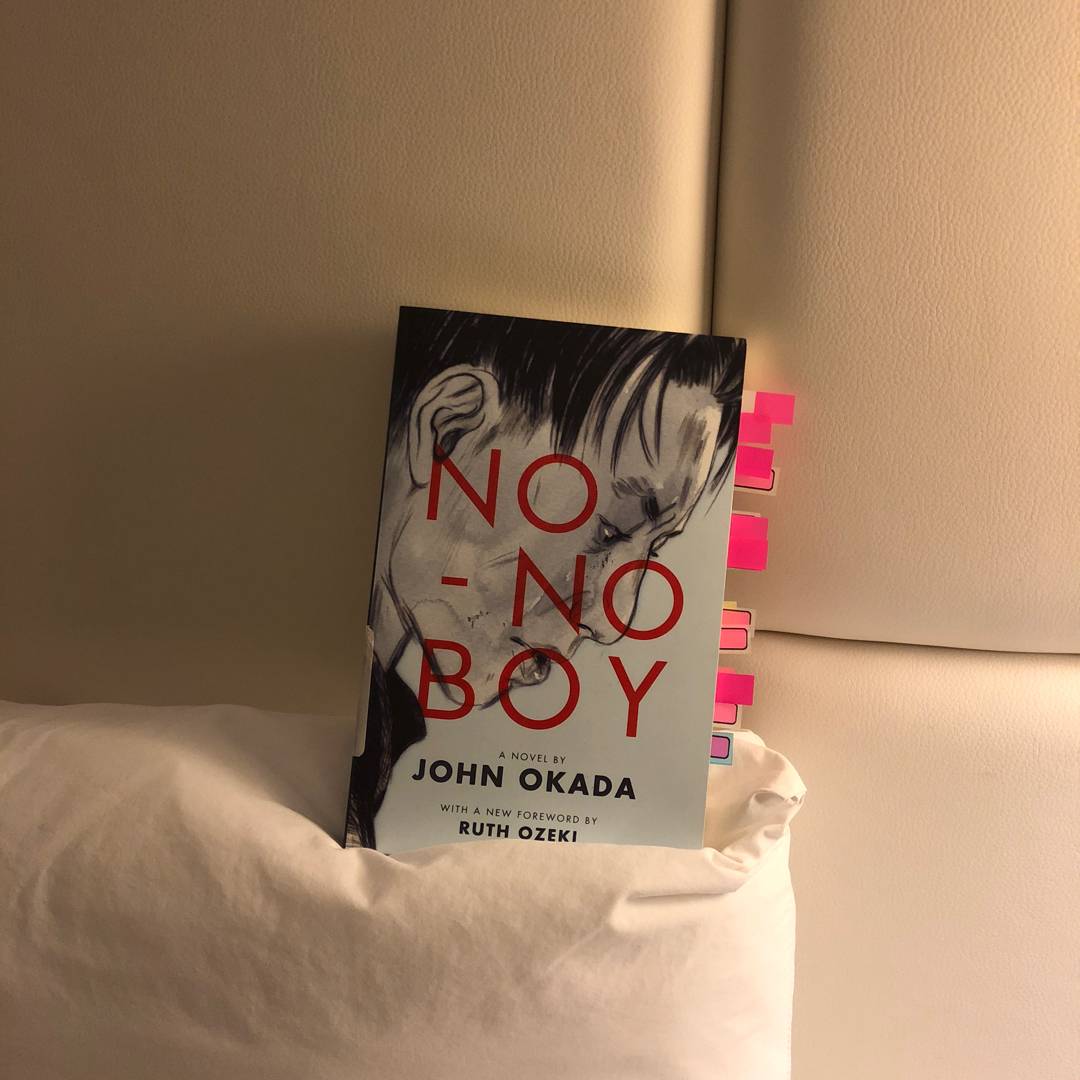
Hailed as the first Japanese American novel, No-No Boy explores the fragile psyche of post-War America through the eyes of a man that had to suffer internment from his own government. Okada is unflinching in his assessment of the United States and its deficiencies. Even though it isn‘t the most sterling prose ever consumed, No-No Boy is necessary reading.
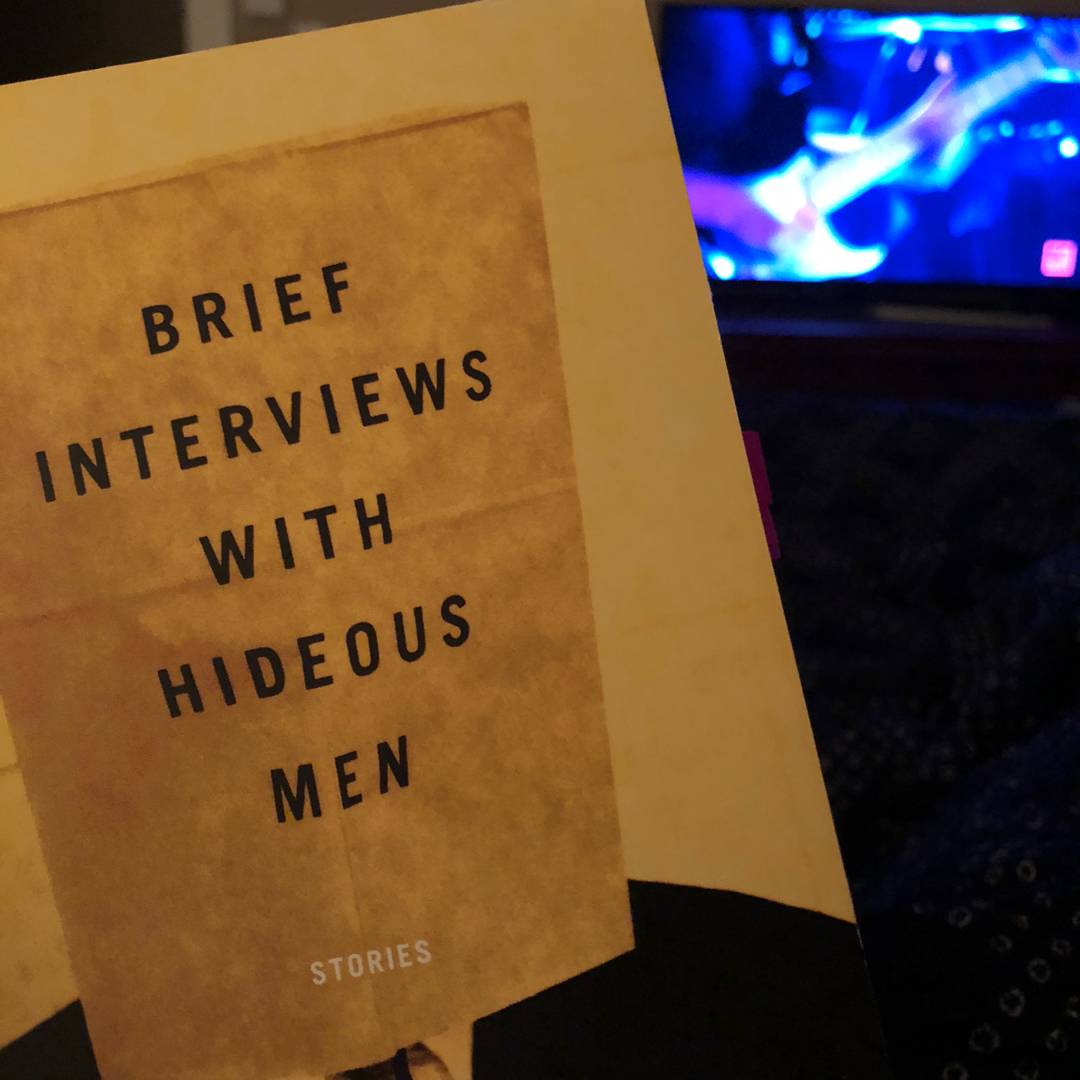
David Foster Wallace is a deconstructionist at heart. His stories have a skeleton narrative but most of his prose focuses on meta-commentary on writing itself and the supposed therapeutic values of modern society.
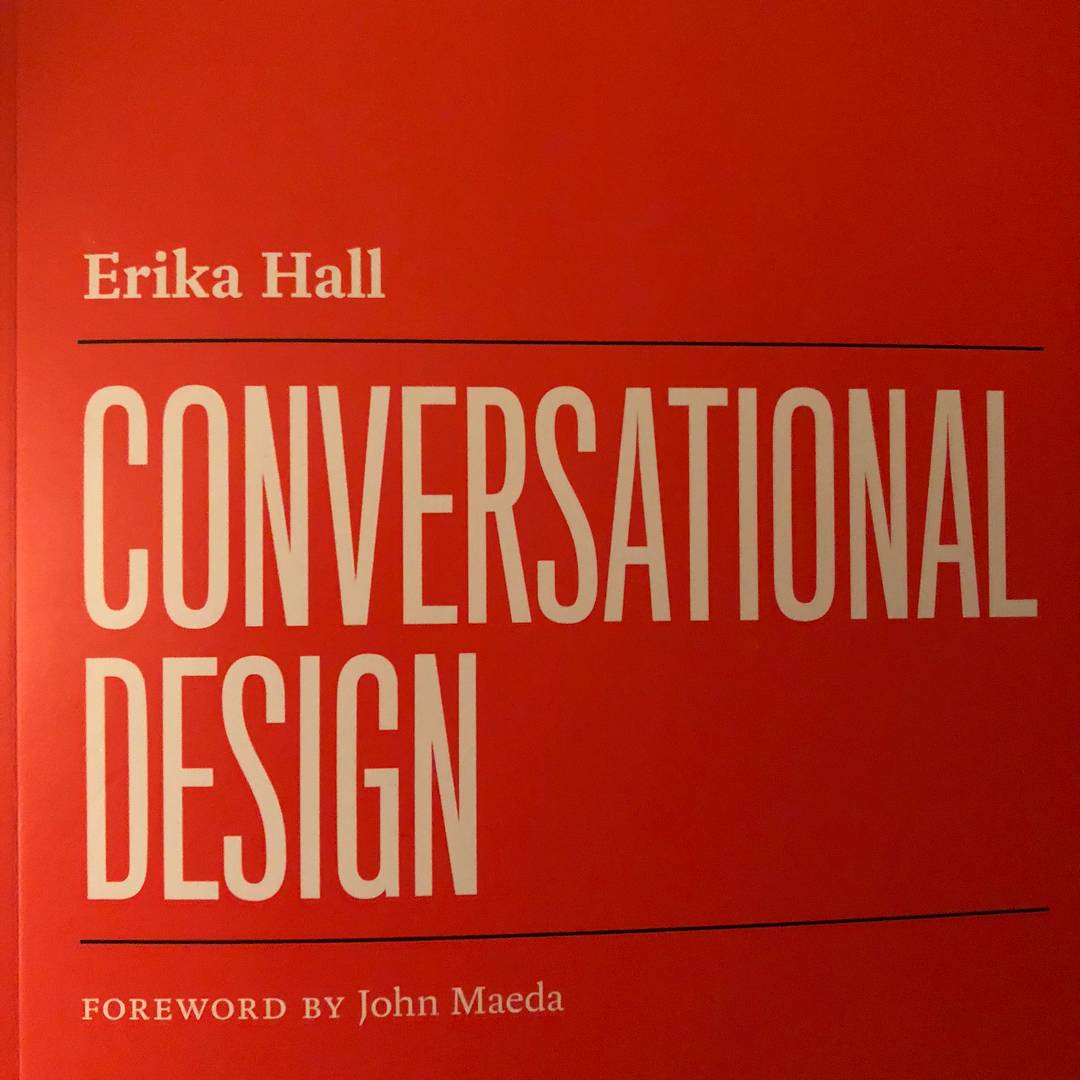
In the future we‘ll text our friends and talk to computers. Writers will play a critical role in taking technology to the next level.
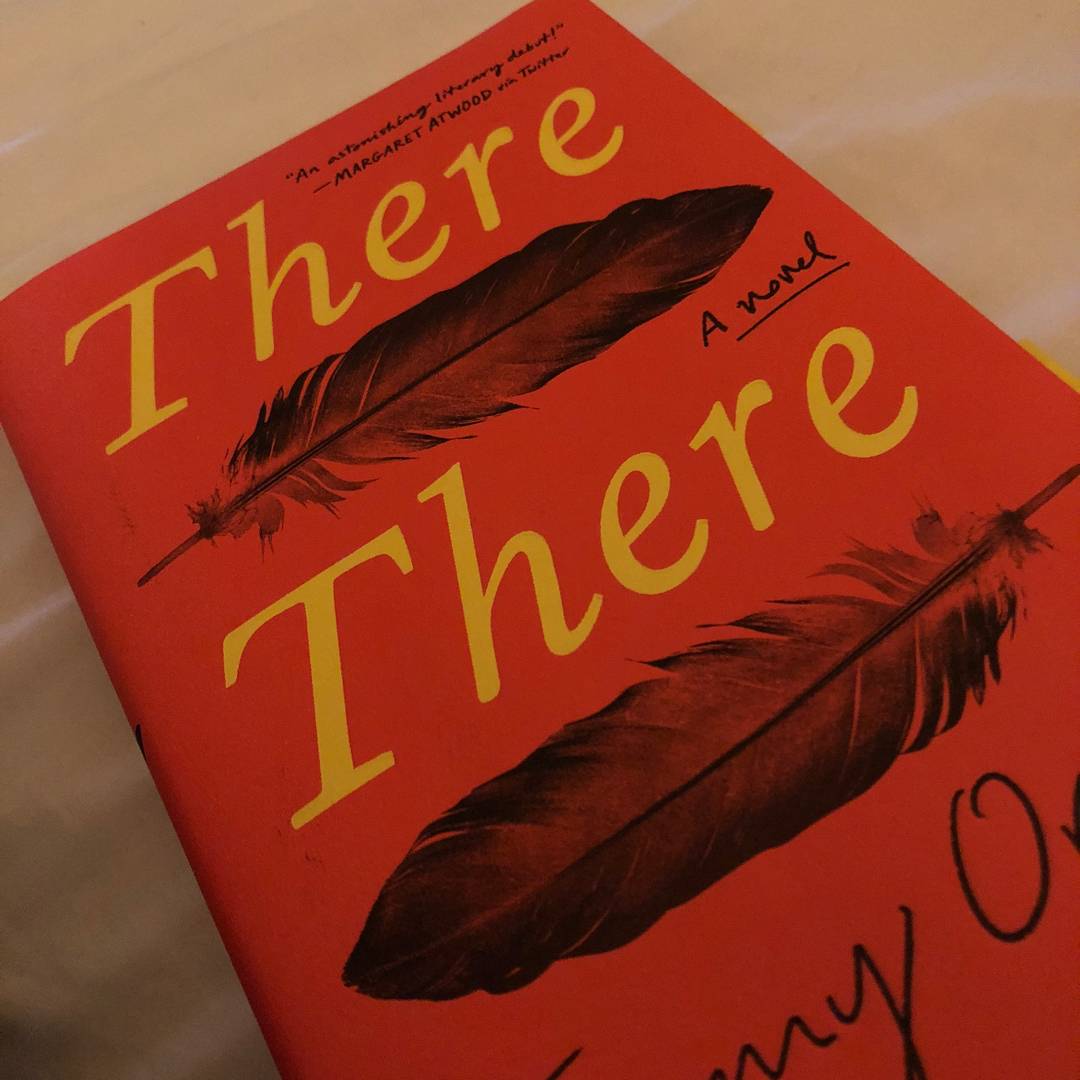
Wow. A stunning collection of stories weaves together to make a piercing novel.
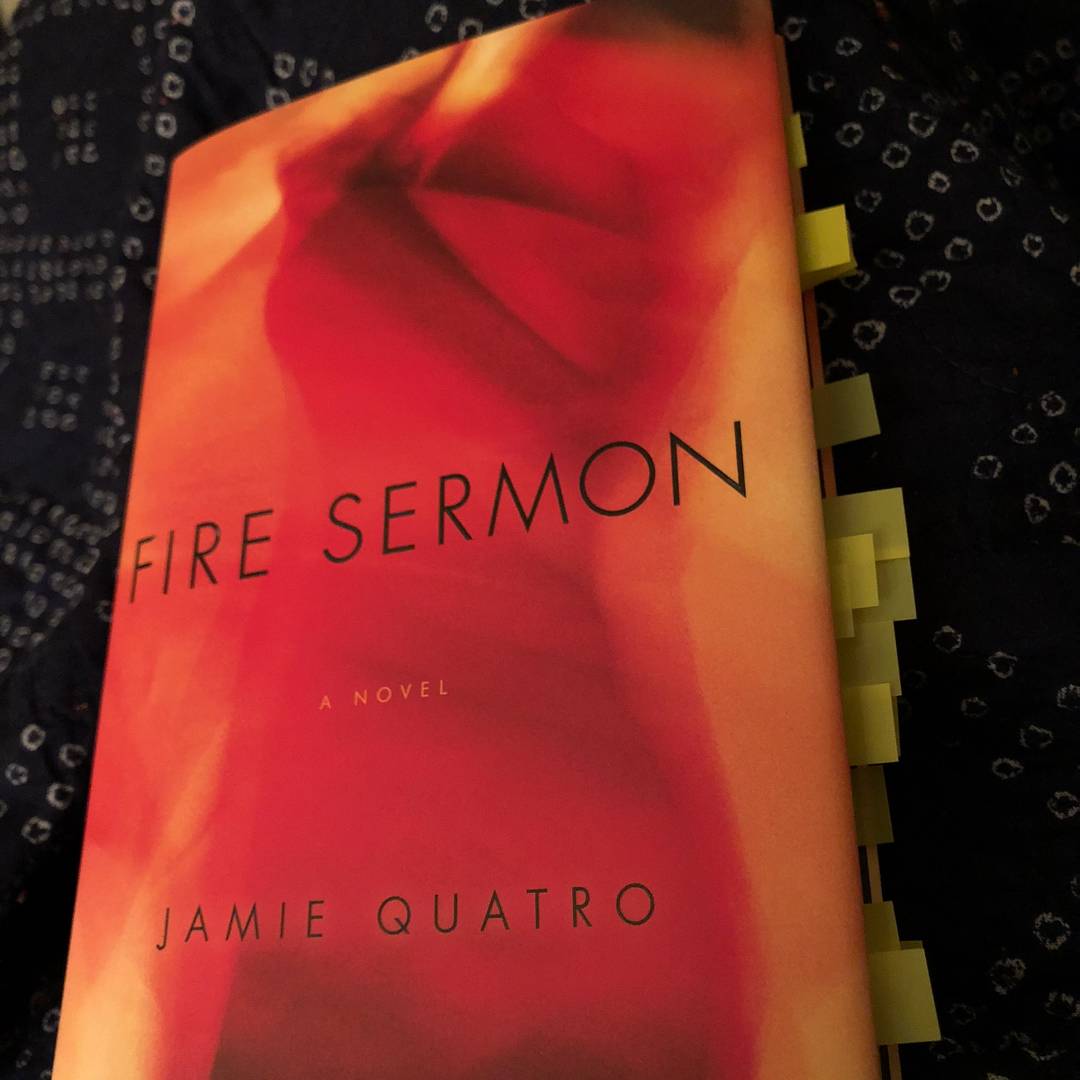
Topically and from a characterization perspective, a challenging read for most of the book. But, the way Quatro wraps up the story and brings her themes into focus is quite powerful.

This new collection of essays explores how a family ages together. A new vacation home on the Atlantic is the central point of connection for this handful of witty stories pondering how families move forward despite age, politics, and many other differences.
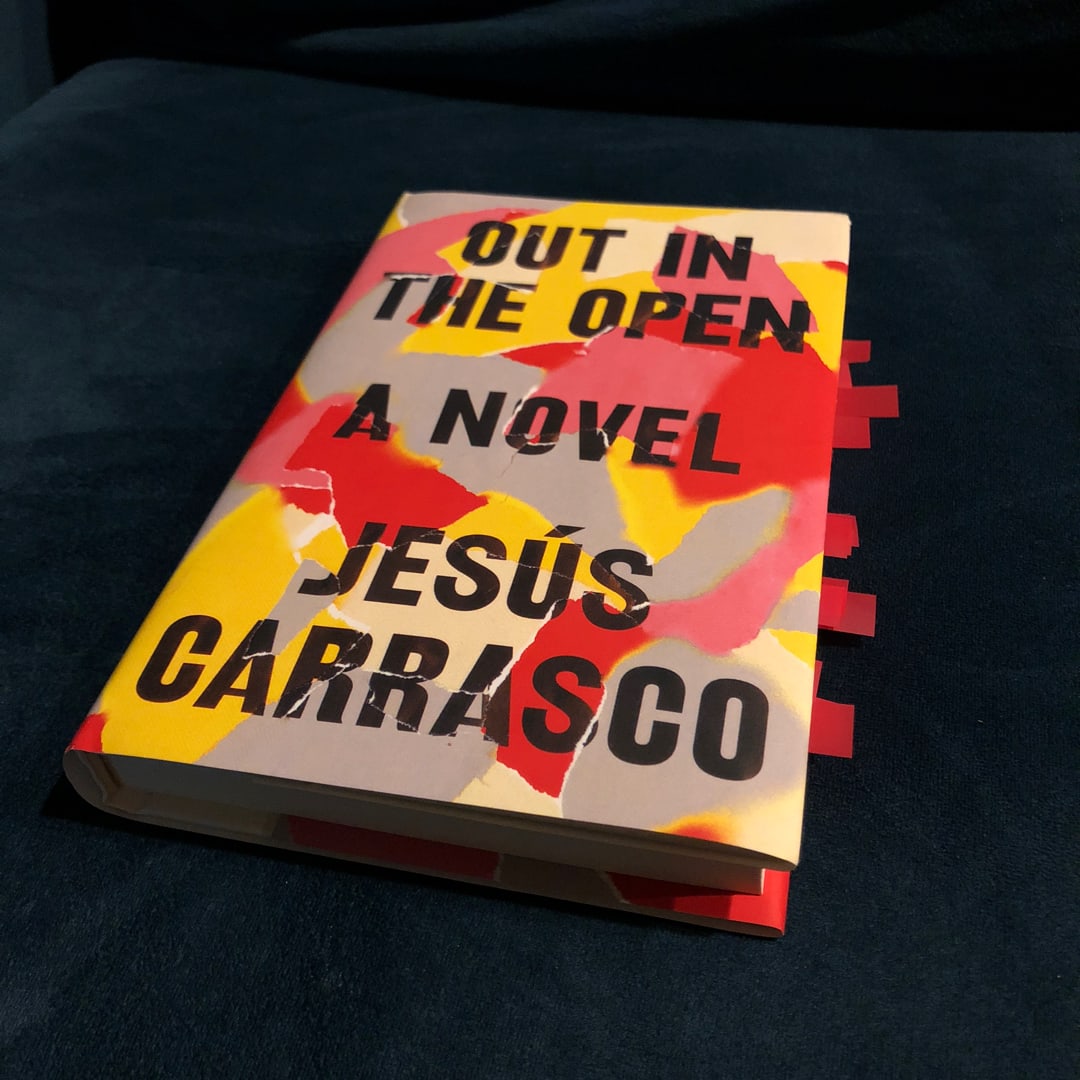
Carrasco‘s content and style feels like Cormac McCarthy. Out in the Open is a mix of The Road and Blood Meridian.
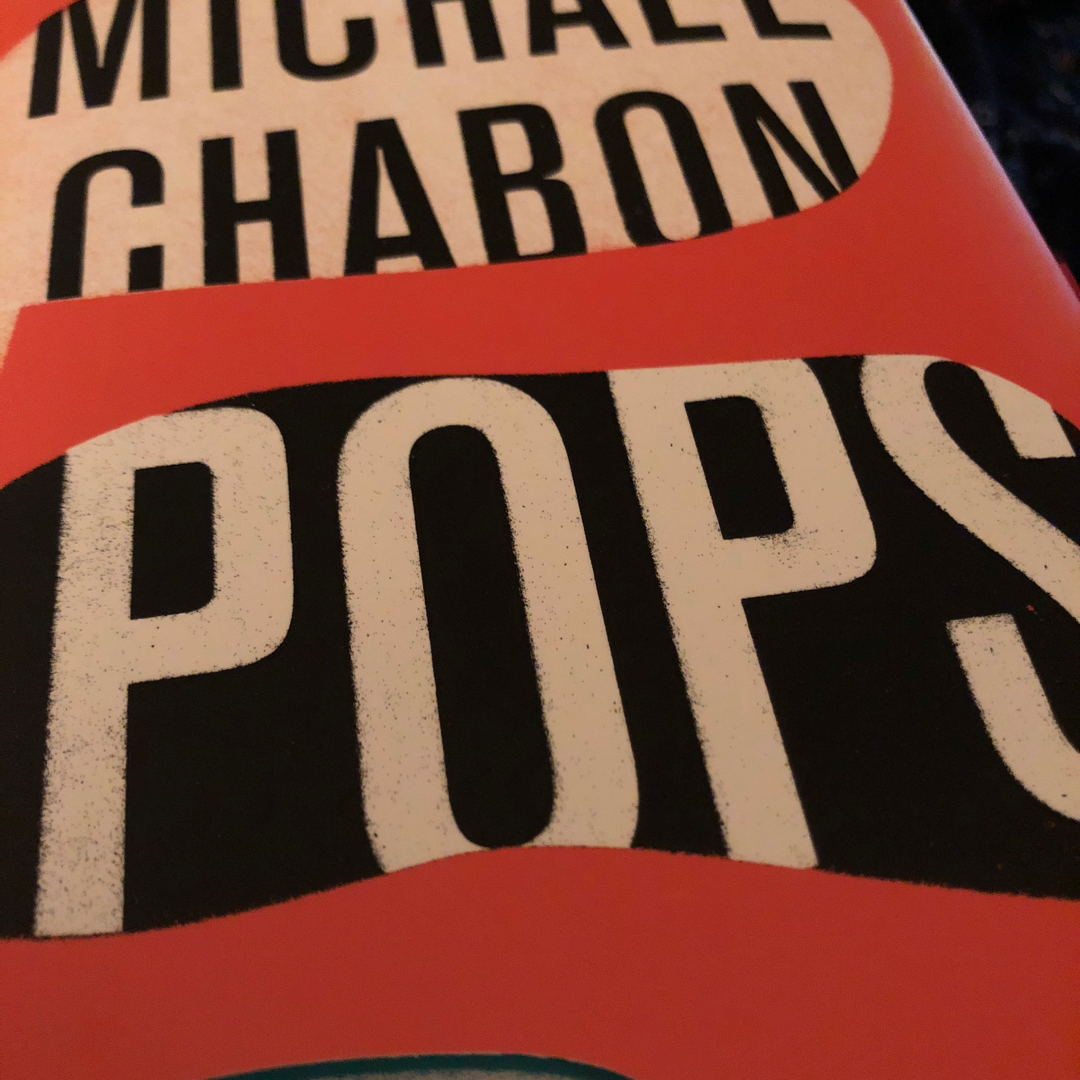
Slight but full of heartfelt observations about fatherhood.
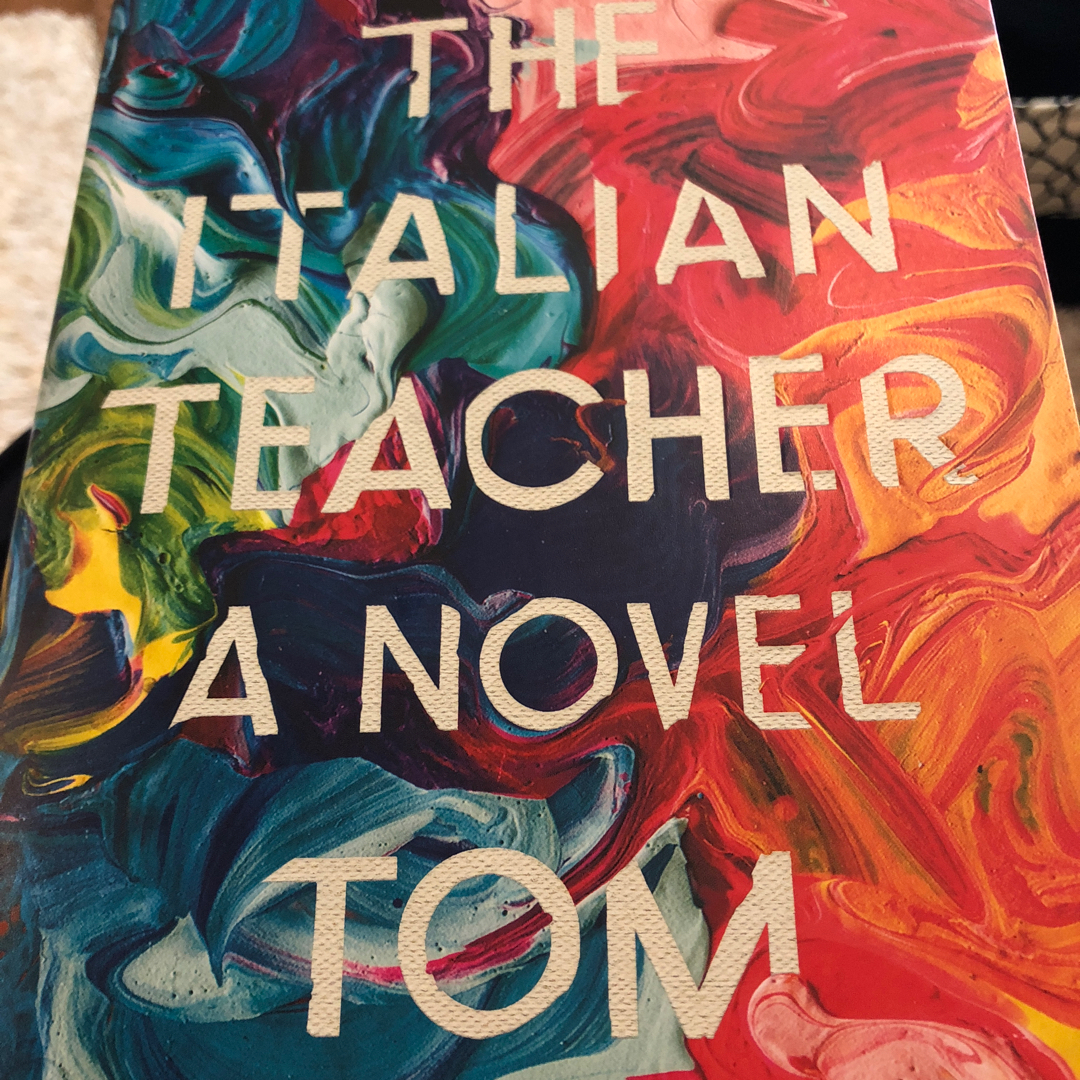
Art for art‘s sake. Or, an exploration of the fissures between father and son.
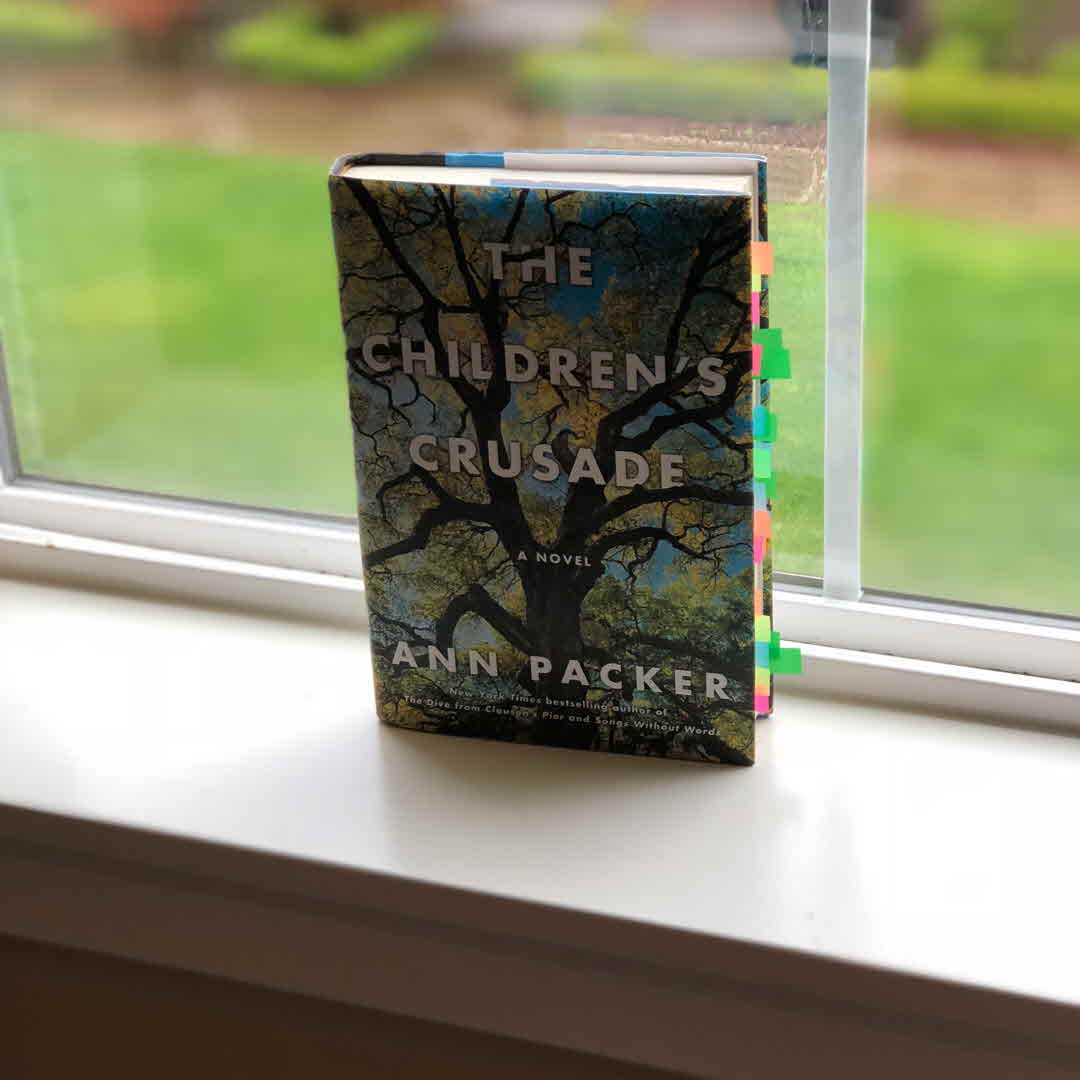
A heartfelt story about family trauma and the bonds that keep us together despite the wounds we carry with us.
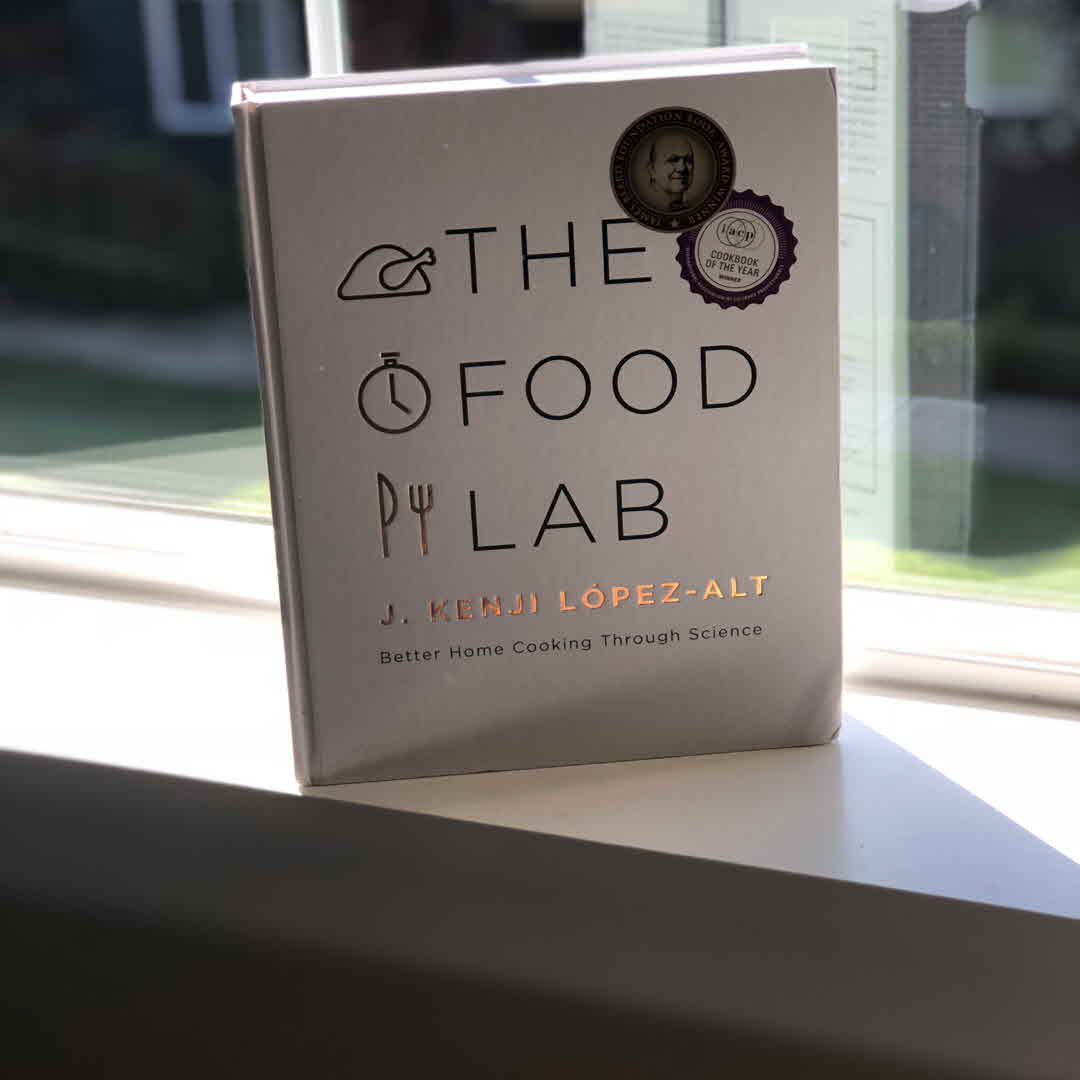
Gonna try a cookbook next.
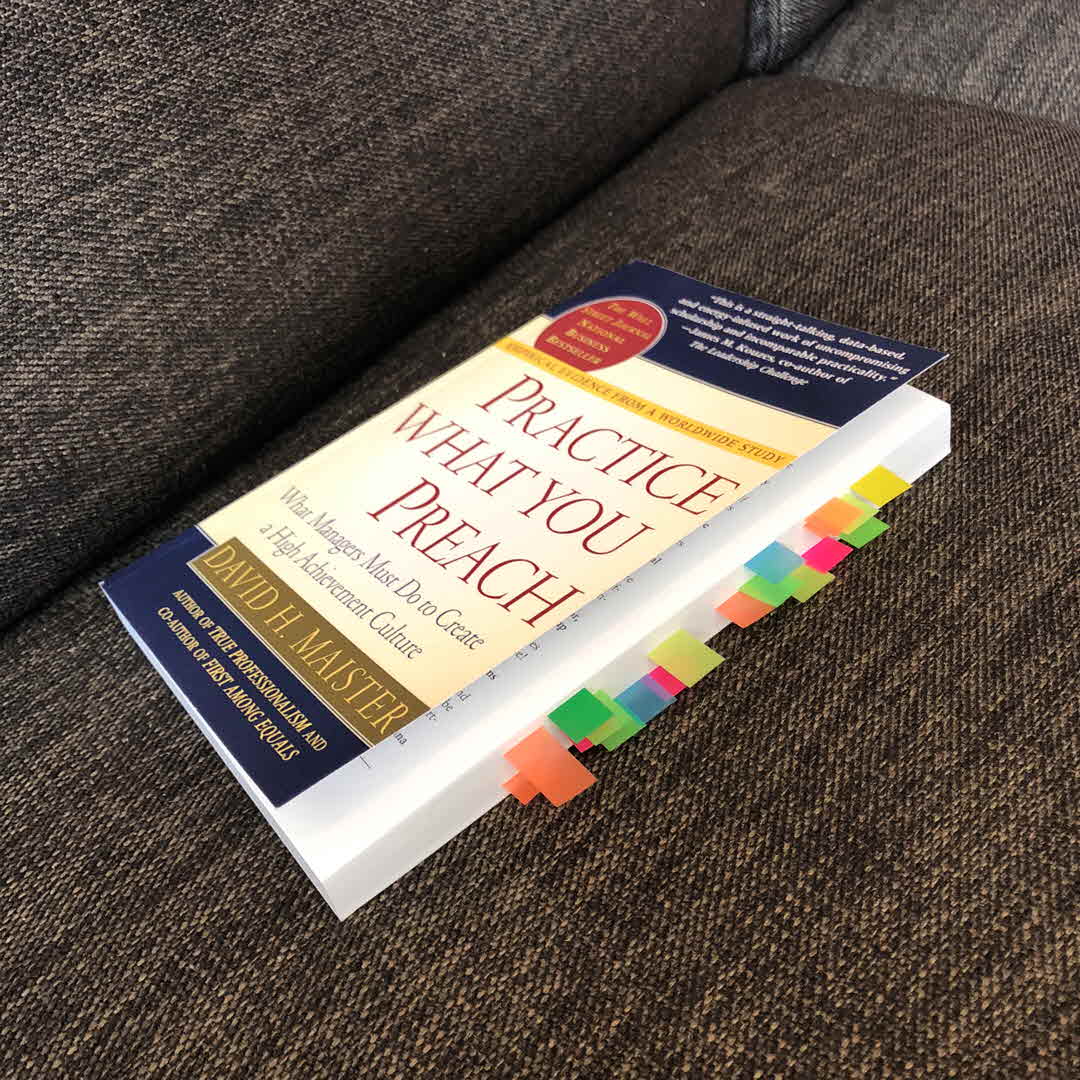
A simple premise: a focus on culture in an organization reaps productivity rewards. While many likely believe this view, the quantitative research behind this book backs up the argument. This research is better suited in a peer-reviewed article rather than in book length.
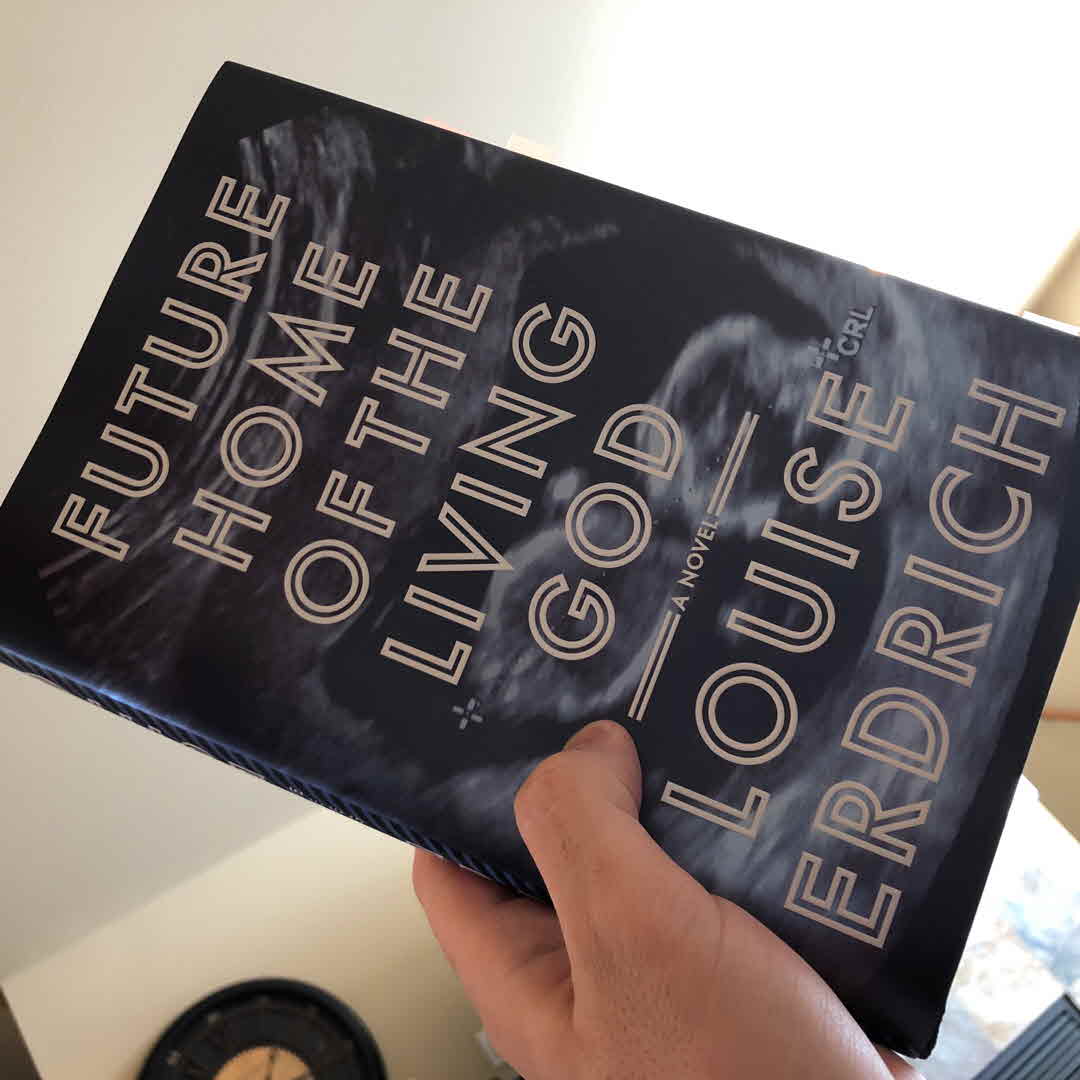
Louise Erdrich rocks. Her novel explores a dystopian premise where reproduction becomes dangerous for women and child. Government oppression and environmental degradation sit as a backdrop for a young women searching for her own identity while she tries to bring a baby to term.
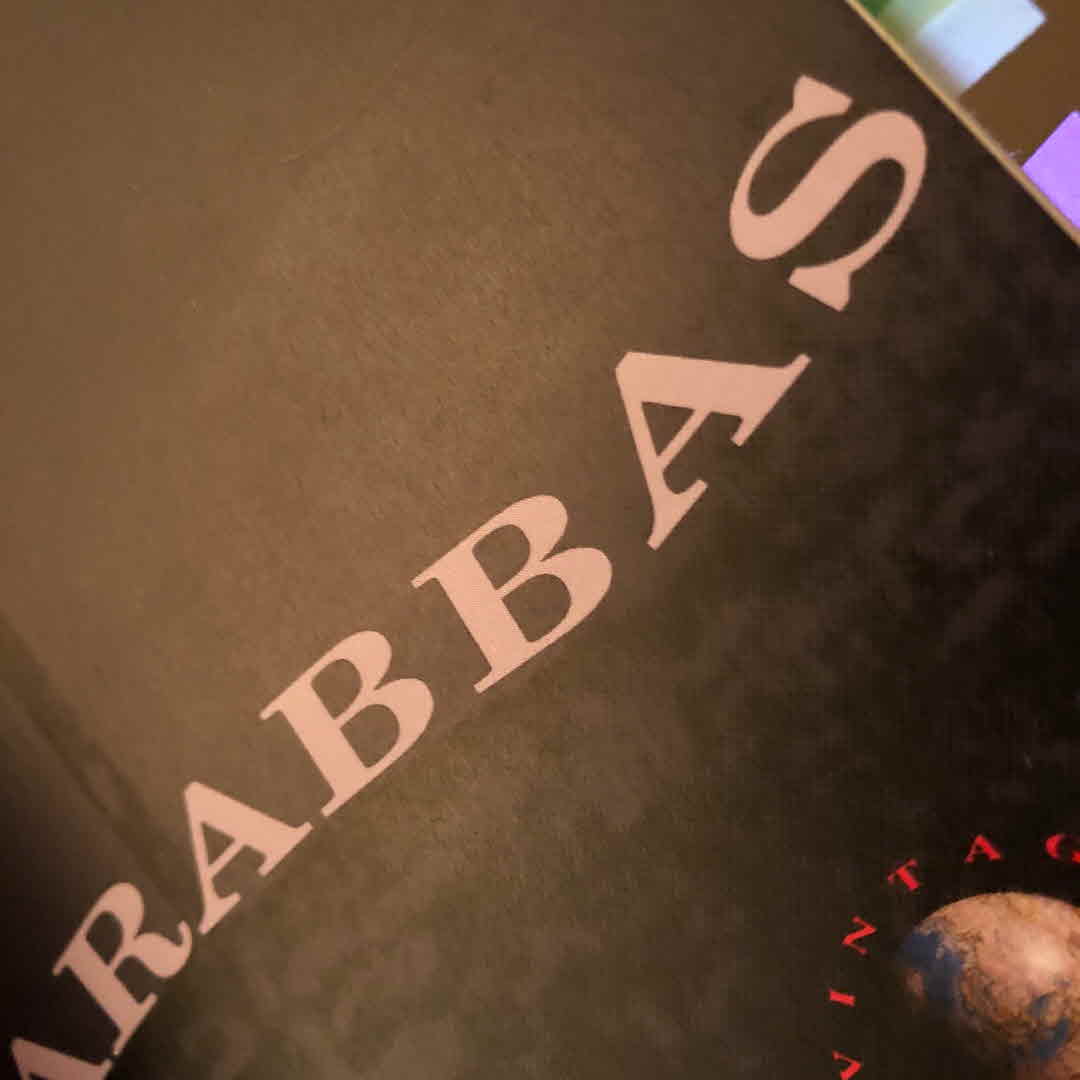
When the crowd chose Barabbas to be acquitted and Jesus to be crucified, the traditional narrative stops. What might have Barabbas done? How would he have felt to see a burgeoning faith emerging from the one who died in his place? Lagerkvist explores these themes with a humanist foundation. Compelling prose.
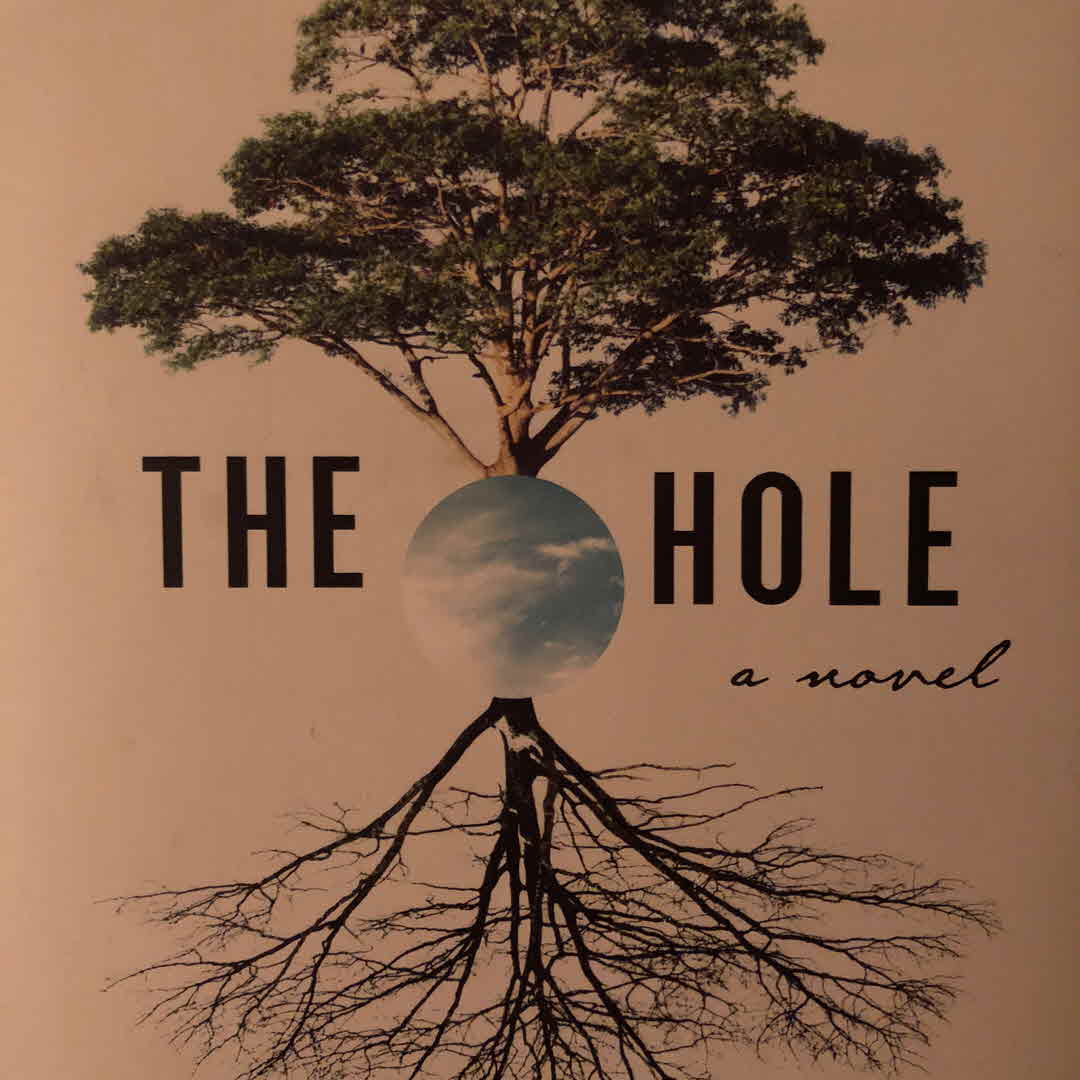
The vise tightens on every page until it‘s almost unbearable. Don‘t expect a pressure release from this book.
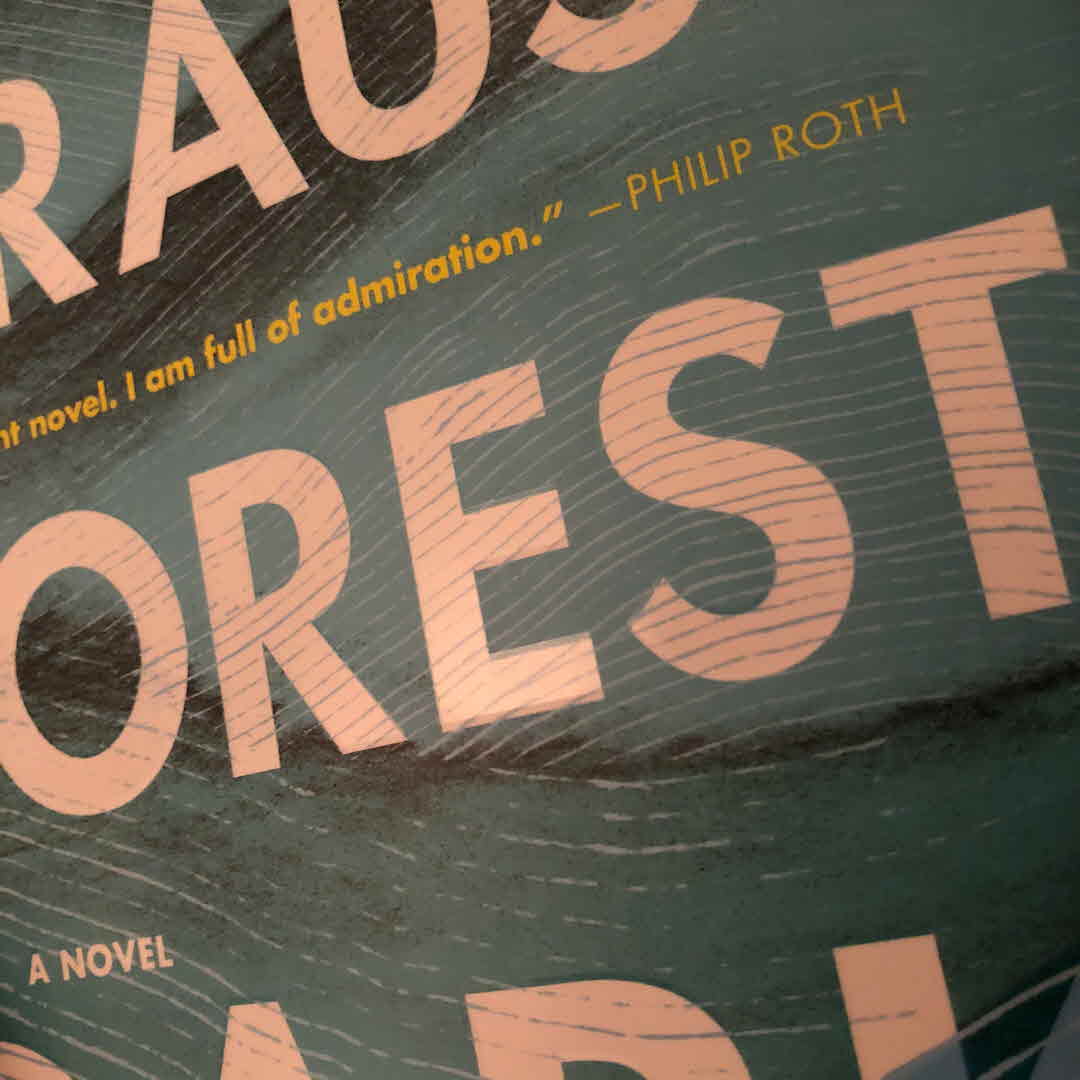
A difficult read. In general, an exploration of aging, or possibly midlife crises, for two protagonists—one a writer and the other a wealthy businessman. Both pursue their identities within the context of Judaism, and their homeland Israel. I think I could‘ve liked this book more at a different time. Just not resonating right now.
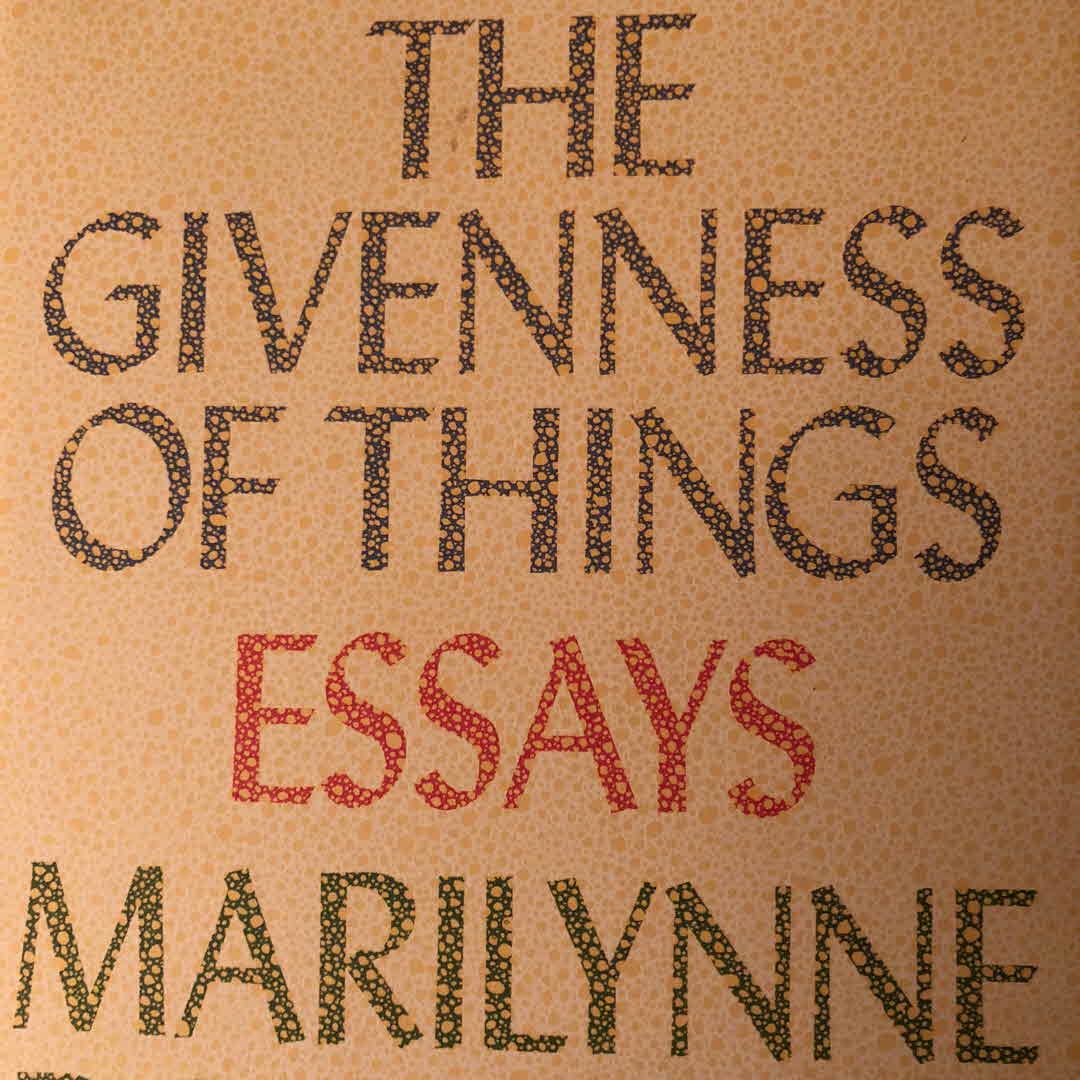
I love Marilynne Robinson and I love the title of this book.
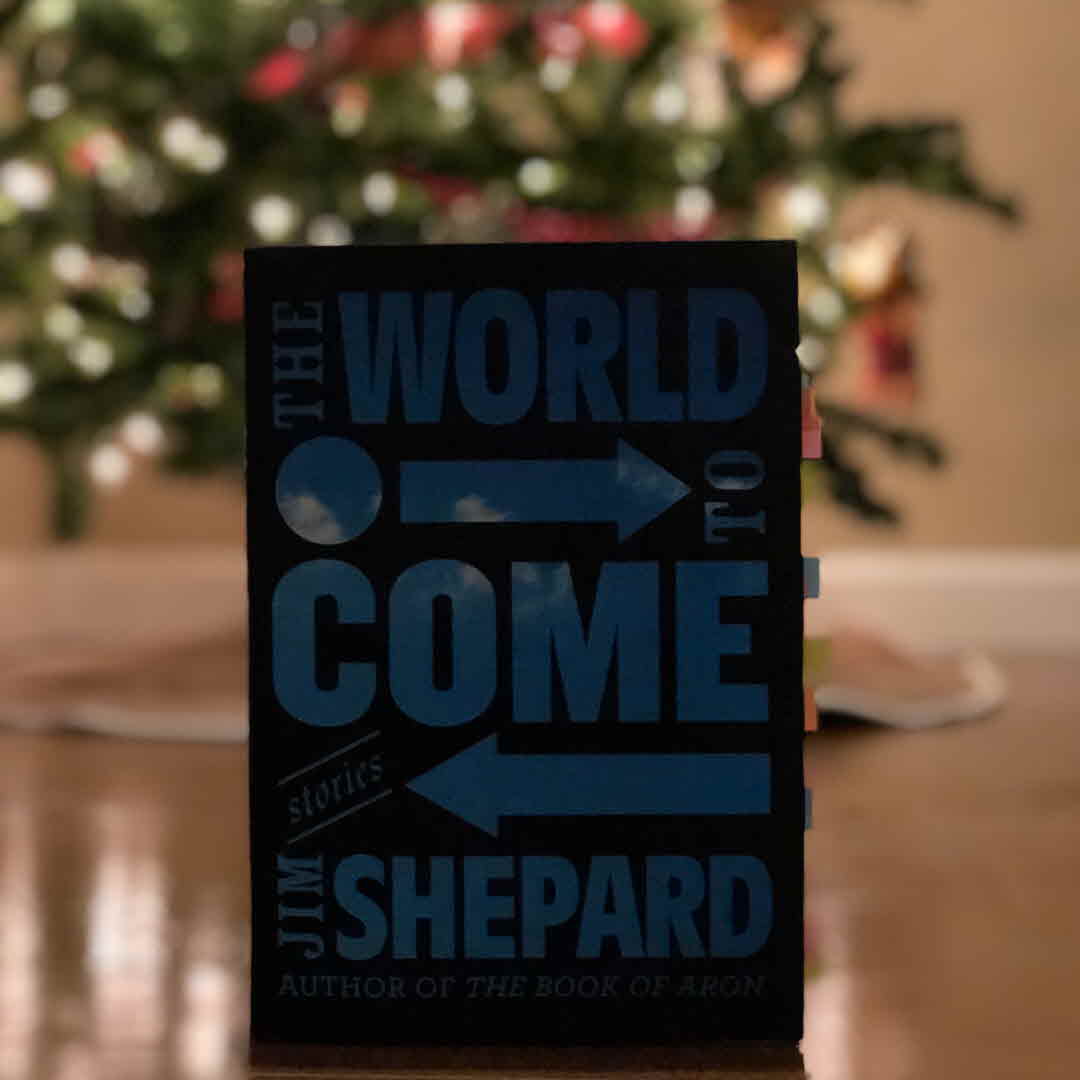
Short stories outlining catastrophes resulting from humanity‘s hubris.
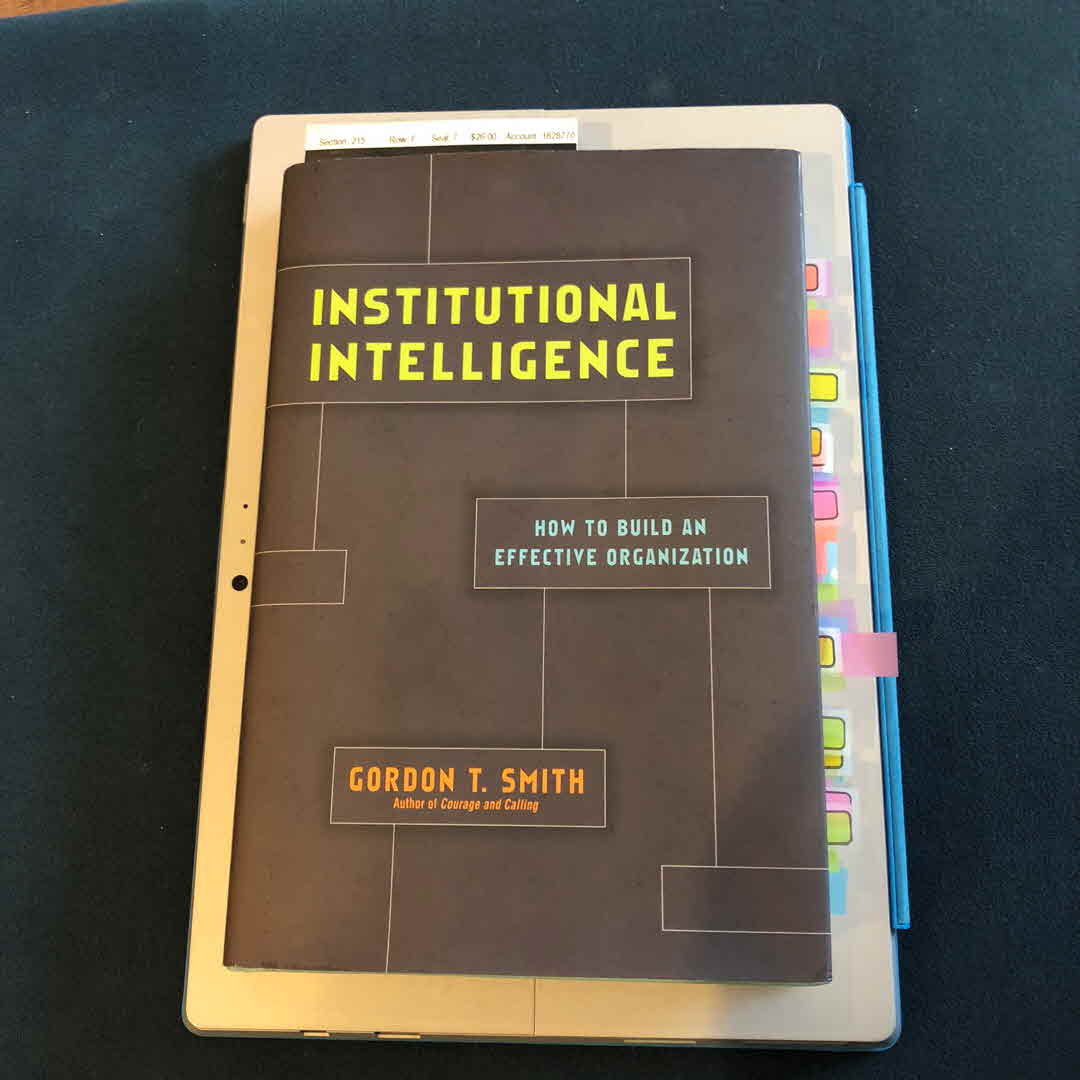
2017. The year everyone has proclaimed that the institutions of our society are under attack. Been thinking about the value of institutions and Gordon T. Smith does a good job making the case for the value of institutions in society and how mindfulness to mission, vision, and values creates an effective organization.